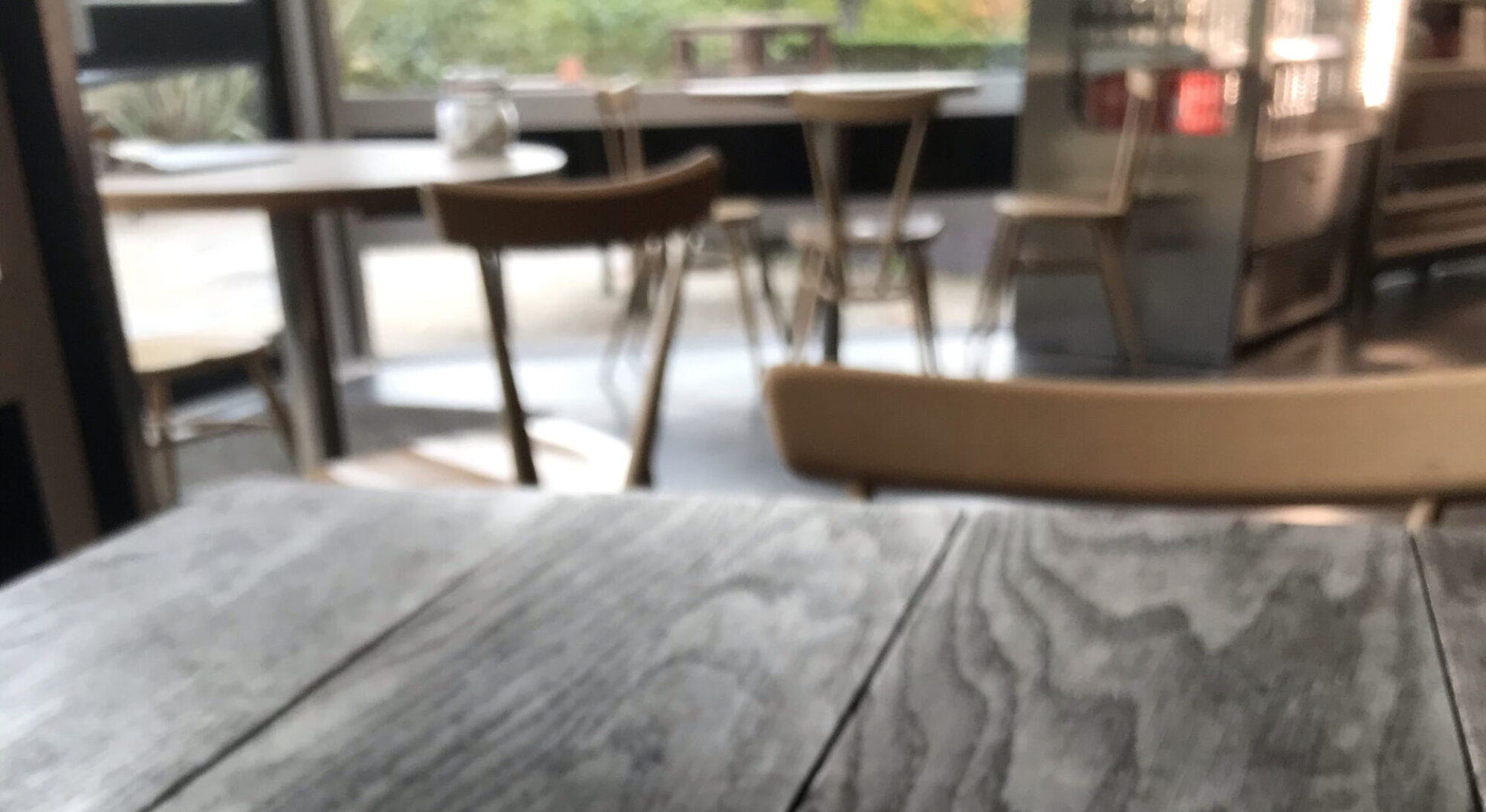There are many things to think about if you are considering seeing a Counsellor or Therapist. These terms are often used interchangeably and for this post I will adopt the term ‘Counselling’ to refer to Therapy and Counselling.
It is important to have a good idea of what you are wanting from the Counselling, however not a necessary. Knowing exactly what you want is not always clear and can be what sets the foundation for your primary session.
Counsellor’s and Therapist’s often work very differently so it is important to feel comfortable with your counsellor, after all you are likely to be discussing personal aspects about yourself and life. Hence the need to feel comfortable with your counsellor.
Following up on the above. What you discuss with your counsellor is confidential however that has limitations and you may wish to find out more about this. Confidentiality is a cornerstone to all counselling and therapy so do ask your counsellor about their practices and policies. If they are a registered Professional and a member of a Professional body then they should have a privacy and confidentiality policy in place and will not be offended if you ask about this and how it will work for you.
Duration of therapy is a question that is often asked about and is a very difficult thing to determine with any degree of accuracy. Due to the unique and individual nature of the therapy, plus the different ways in which counsellor’s work, not to mention clients ability to get too grips with what is expected of them. Theses these elements alone make accurate predictions a challenge, however that said if you are clear about what you want to achieve then predicting the amount of sessions is made easier.
Face-to-face or online. A very divisive subject with in the profession. The recent issues regarding SARS Covid-2 and restrictions on movement and issues around isolation, there has been a rapid escalation in online counselling and therapy. However it is important to consider that few practitioners are properly versed in this method of therapeutic delivery. This is in part down to it not being a part of their training. This is likely to change in the future. The benefits of online counselling are clear, with convenience, ease of access, flexibility and immediacy being its attraction. It is easy to forget aspects of privacy and confidentiality, security, reliable hardware and internet. Digital literacy is a must if you decide to receive counselling online.
Face-to-face is a well tried and tested way of receiving counselling, the journey to and from can often be seen as an inconvenience, however clients have reported that it is a wonderful way to prepare and also process following sessions. It is will known within the profession that the journey is an important and valuable part of counselling, however under the current circumstances it is advisable to consider the risks and assess in order to manage them.
There is another alternative which would involve using both face-to-face and online as a blended approach which again has been reported to be very helpful. In conclusion, wether you work online or face-to-face the critical thing is matching the correct delivery method with who and what is being treated.
Finally cost. Again there are many things that influence the pricing ranging from and not exclusively things such as expertise, location, training, experience and competitors. The best way to find out would be to ask your counsellor on their fee structure. An other option to consider may be look at taking part in group counselling, this can often work out a bit cheaper and also be helpful to you. As you will be dealing with your problems as a group and not on you own.
